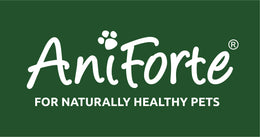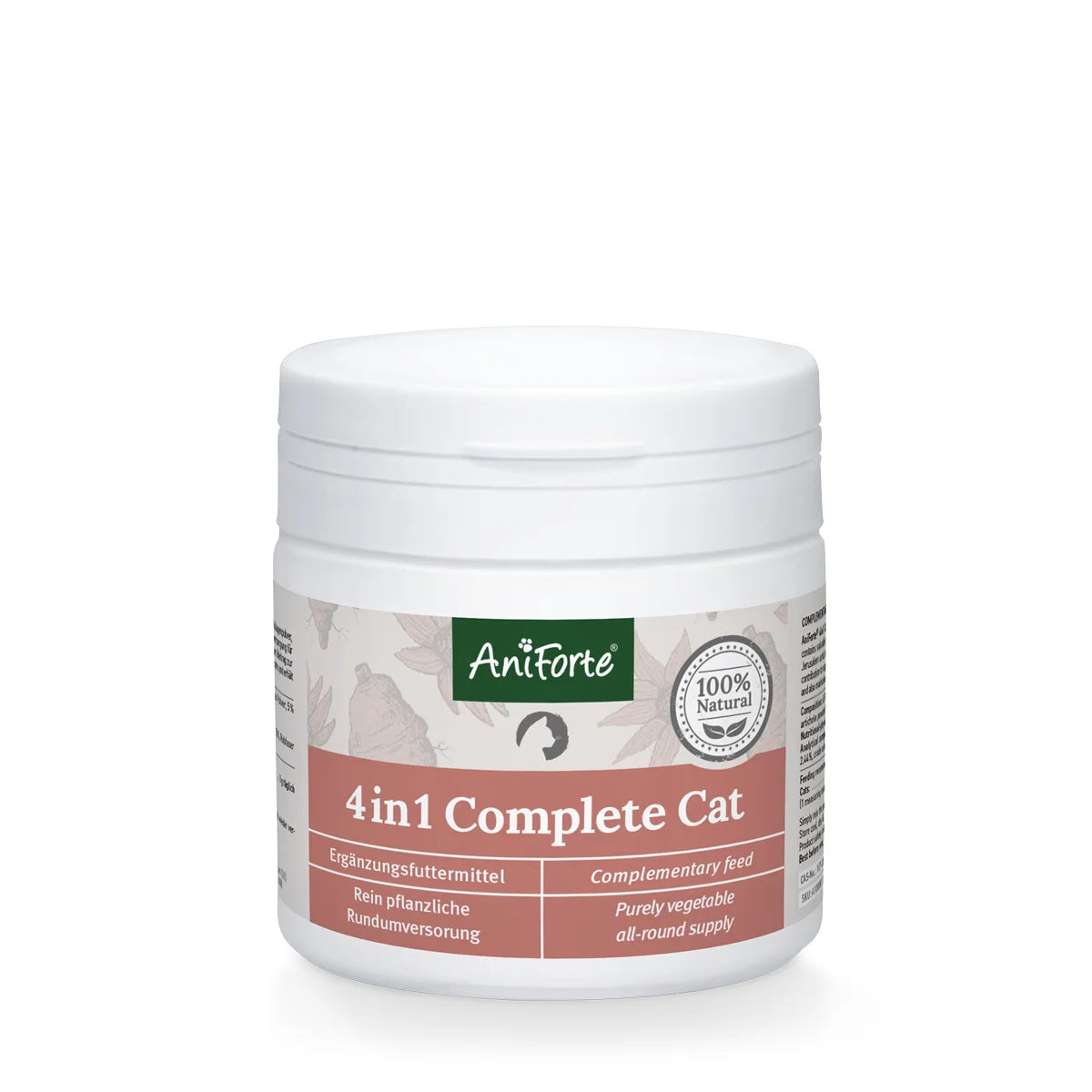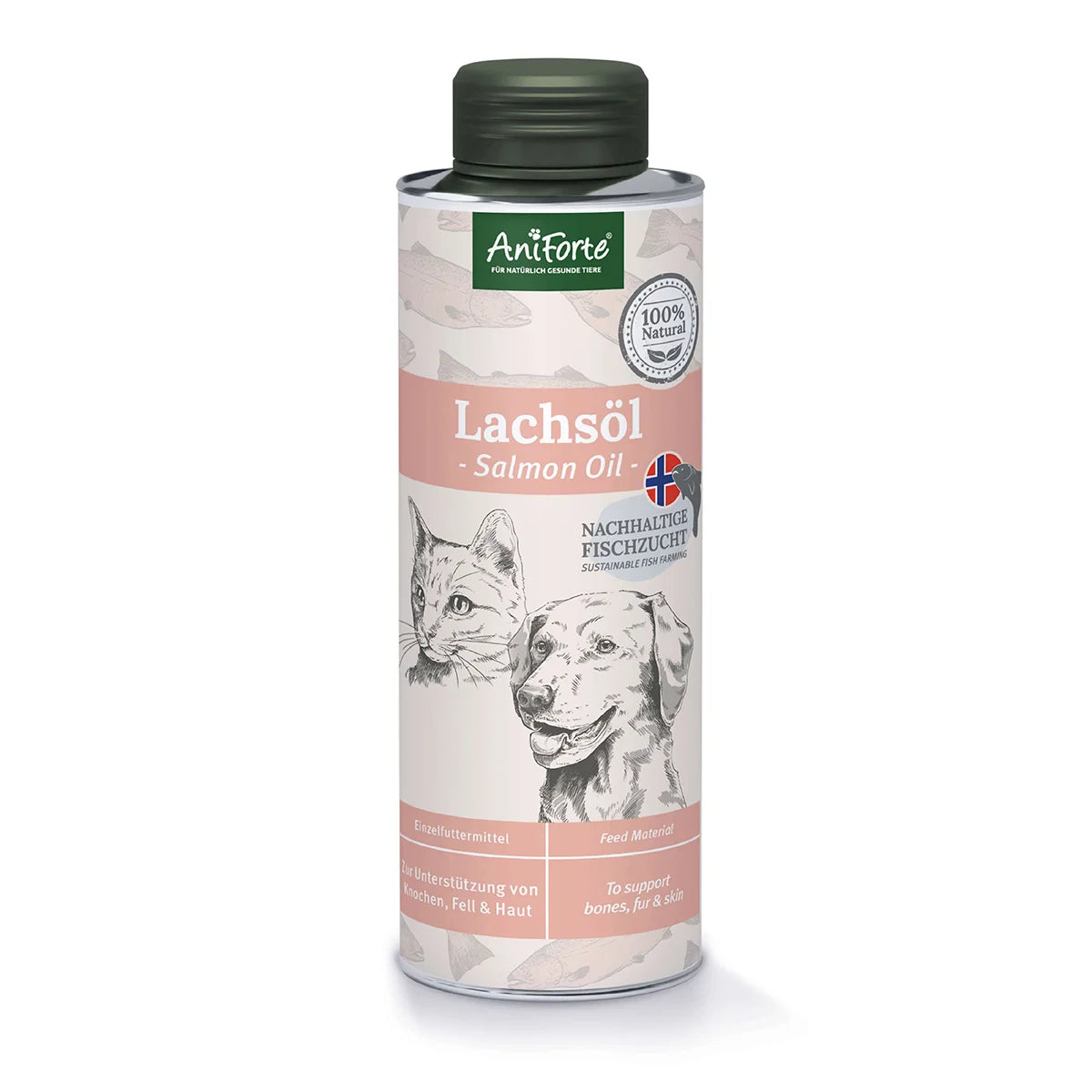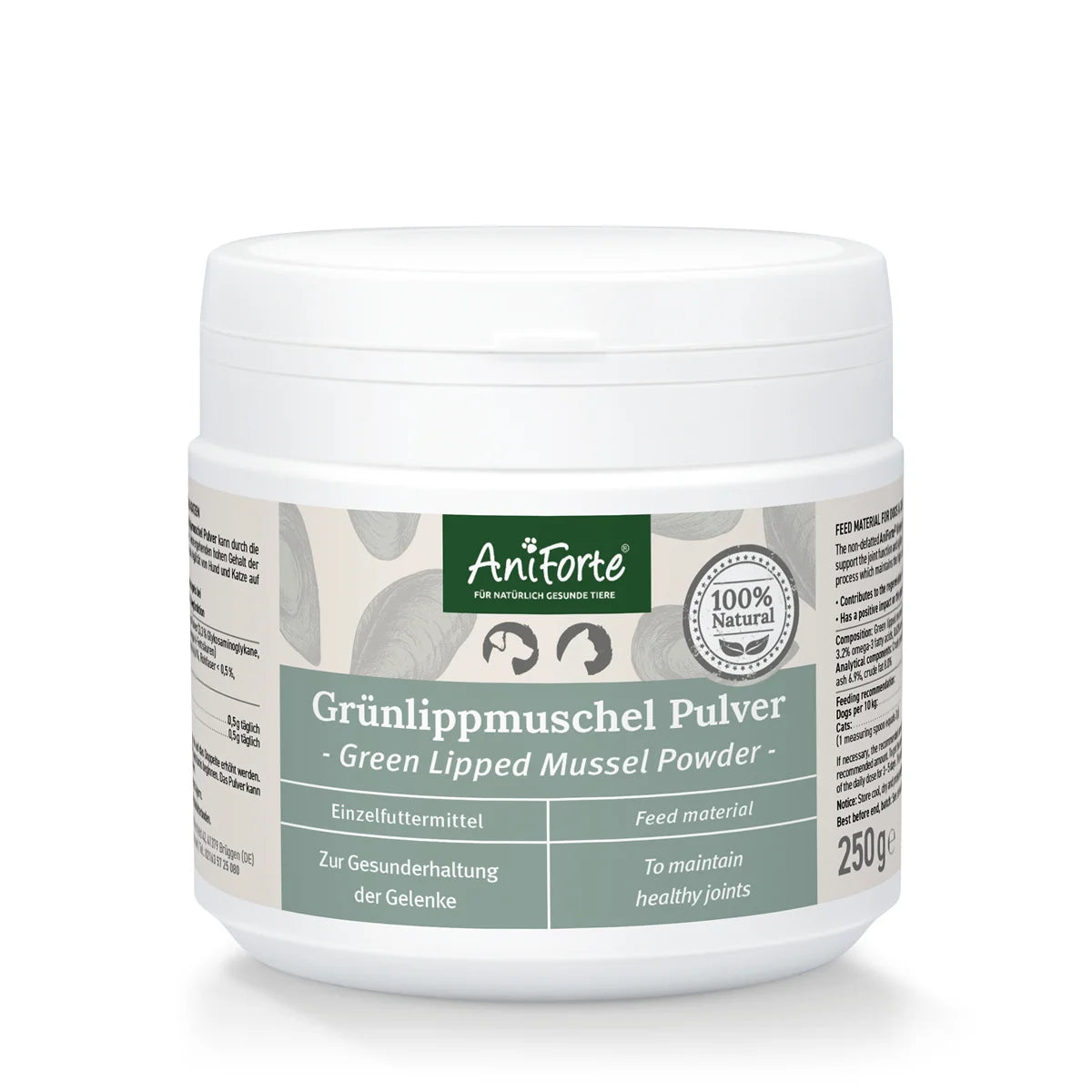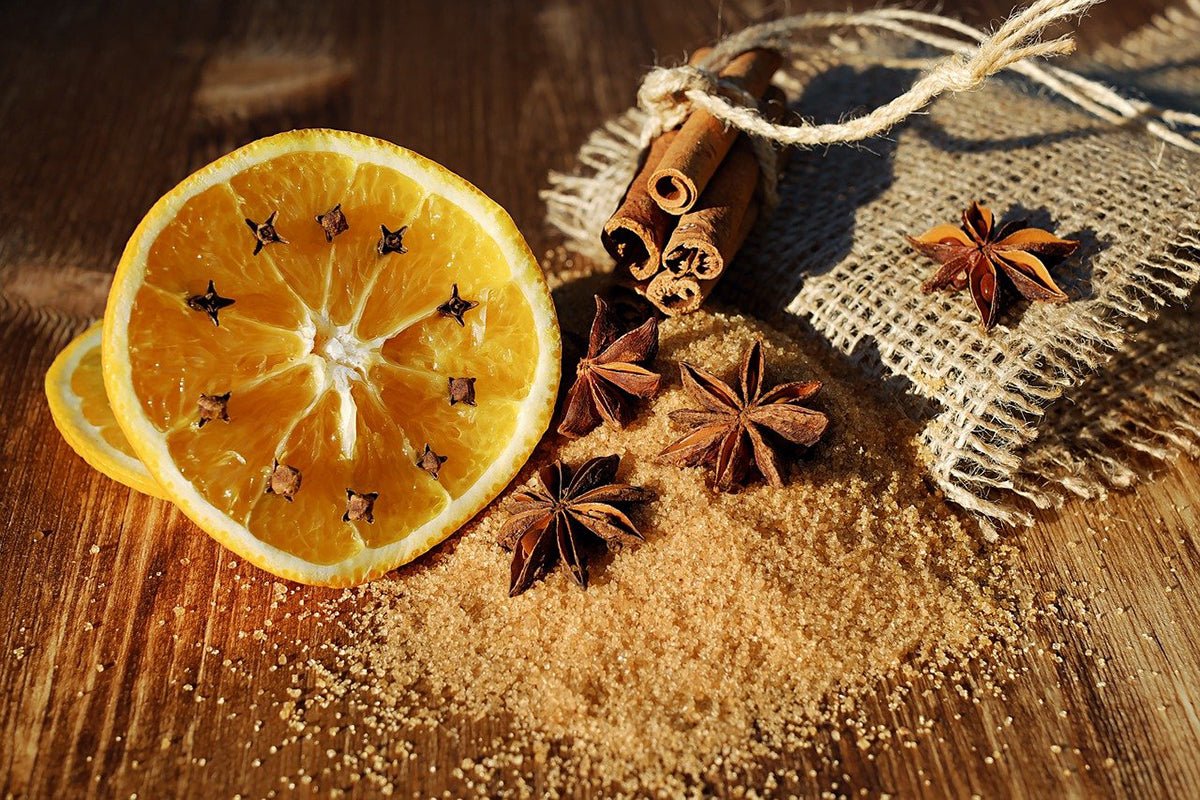It’s not uncommon for dog owners to be puzzled when their beloved pet exhibits unusual behaviours—like eating grass, showing a reduced appetite, or constantly licking and scratching. While these behaviours may seem odd, they’re often linked to your dog’s gut health.
Why the Intestine Is Key to Your Dog's Health
Regardless of age or breed, the gut plays a central role in your dog’s overall well-being. A healthy gut supports digestion, immune function, and even mood regulation. When the gut flora (the balance of bacteria in the intestines) is off, it can result in various health issues and behavioural changes.
In this guide, we’ll explore:
- The role of the intestine in your dog’s health
- Symptoms and causes of an imbalanced intestinal flora
- Steps to restore gut health naturally
- How to support the gut during recovery
- The role of prebiotics and probiotics
- Optimal duration and dosage for an intestinal cleanse
What Does a Healthy Gut Do?
Digestion and Nutrient Absorption
The gut is responsible for breaking down food into essential nutrients that the body can absorb, providing proteins, fats, vitamins, and minerals vital for your dog’s health.
Immune Defence
Around 70% of your dog's immune cells are in the gut. A balanced gut flora helps fend off pathogens and keeps your dog’s immune system strong.
Vitamin Production
Beneficial bacteria in the gut also produce essential vitamins, including Vitamin K and several B vitamins, which are crucial for your dog’s overall health.
Impact on Mood and Behaviour
Believe it or not, a healthy gut can influence your dog’s mood. The gut produces neurotransmitters like serotonin, which help regulate mood, so a balanced gut can contribute to a happier, calmer pet.
Signs of a Disturbed Gut Flora
A disturbed intestinal flora can manifest as:
- Changes in behaviour or energy levels
- Flatulence or bloating
- Diarrhoea or constipation
- Loss of appetite
Common causes include antibiotics, stress, dietary changes, or exposure to toxins. If these symptoms persist, visiting your veterinarian is the first step to rule out underlying health issues.

How Intestinal Rehabilitation Can Help
Gut rehabilitation is a process that cleanses and then restores healthy bacteria in the gut. Using prebiotics and probiotics can support a balanced microbiome, which promotes digestion, nutrient absorption, and immune function. Here’s when it may be beneficial to start a gut rehabilitation:
- After medications like antibiotics or steroids
- Following deworming treatments
- After stressful events or dietary changes
- During episodes of digestive upset
Beginning the Cleanse: Steps to Take
To start the process of rebuilding your dog’s gut health, it’s essential to remove toxins. Natural products psyllium husks or seeds, or Moor Mud can help clear out unwanted substances from the gut. Ensure your dog stays well-hydrated to aid in detoxification.
If your dog isn’t a big water drinker, try these tricks:
- Offer fresh rainwater, which some dogs prefer over tap water.
- Switch out the water frequently to keep it fresh.
- Set up multiple water stations.
- Add unsalted broth to the water for added flavour.
- Add extra water to their meals
Diet During a Gut Cleanse
A diet free from sugars, gluten, and artificial additives is ideal to prevent further irritation. Natural, hypoallergenic dog food can help maintain a balanced gut environment.
Rebuilding Gut Flora with Prebiotics and Probiotics
Probiotics are live, beneficial bacteria that support immunity and digestion. Look for resilient strains that can withstand stomach acids, such as Bacillus velezensis. Prebiotics are fibres that feed the good bacteria, helping them thrive. A combination of both is most effective for supporting the gut.
At AniForte®, we offer a holistic approach with our Probiotic Tabs, containing a blend of Bacillus velezensis and prebiotics like turmeric, apple pomace, and chicory root, all formulated to nourish and support a balanced gut flora.
Duration and Dosage for an Intestinal Cleanse
For mild digestive issues, a cleanse lasting four weeks is typically sufficient. However, for chronic conditions like inflammatory bowel disease (IBD), a cleanse may be extended to two months or more. Your veterinarian can advise on the appropriate dosage and duration based on your dog’s specific needs.
For ongoing maintenance, consider a short cleanse every two months for three to four days, especially if your dog is prone to digestive issues.
Conclusion
Our dogs are more than just pets—they’re family. Supporting their gut health is key to ensuring they lead happy, energetic lives. An intestinal cleanse can help balance the gut flora, improving digestion, immune function, and even mood.
By recognising the signs of an imbalanced gut and using natural products like AniForte® Probiotic Tabs, Moor Mud, and Psyllium Husks or Seeds you can help restore your dog’s health from the inside out. Taking proactive steps to care for your dog’s gut will benefit their long-term health and happiness.
